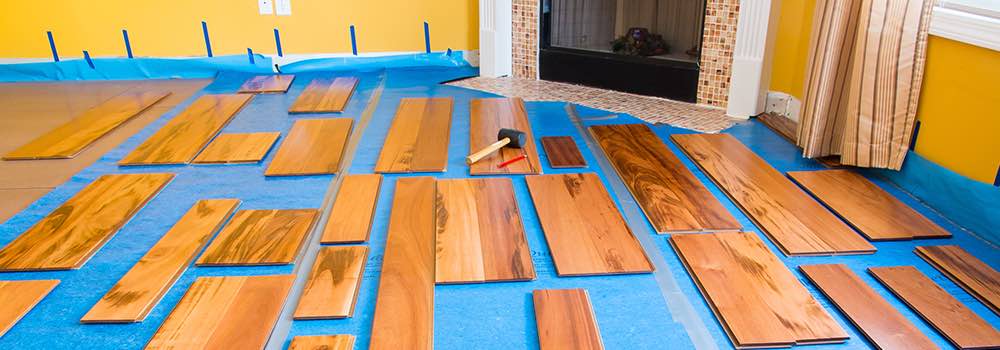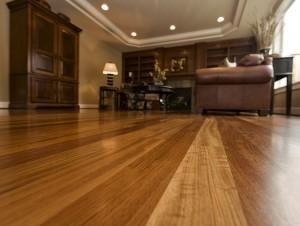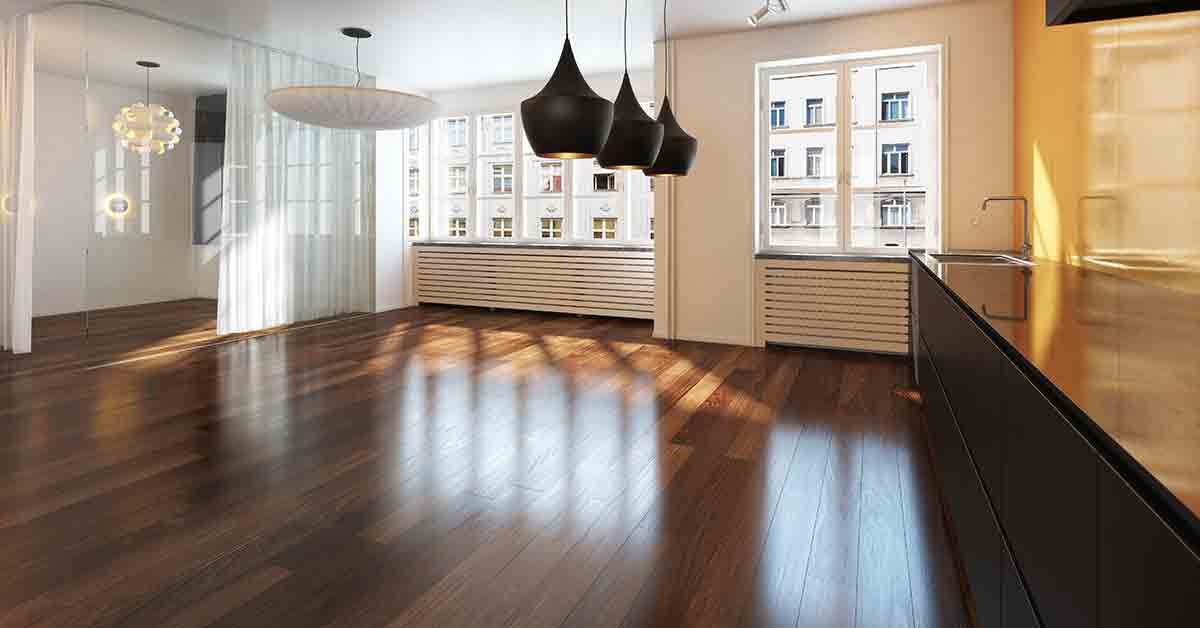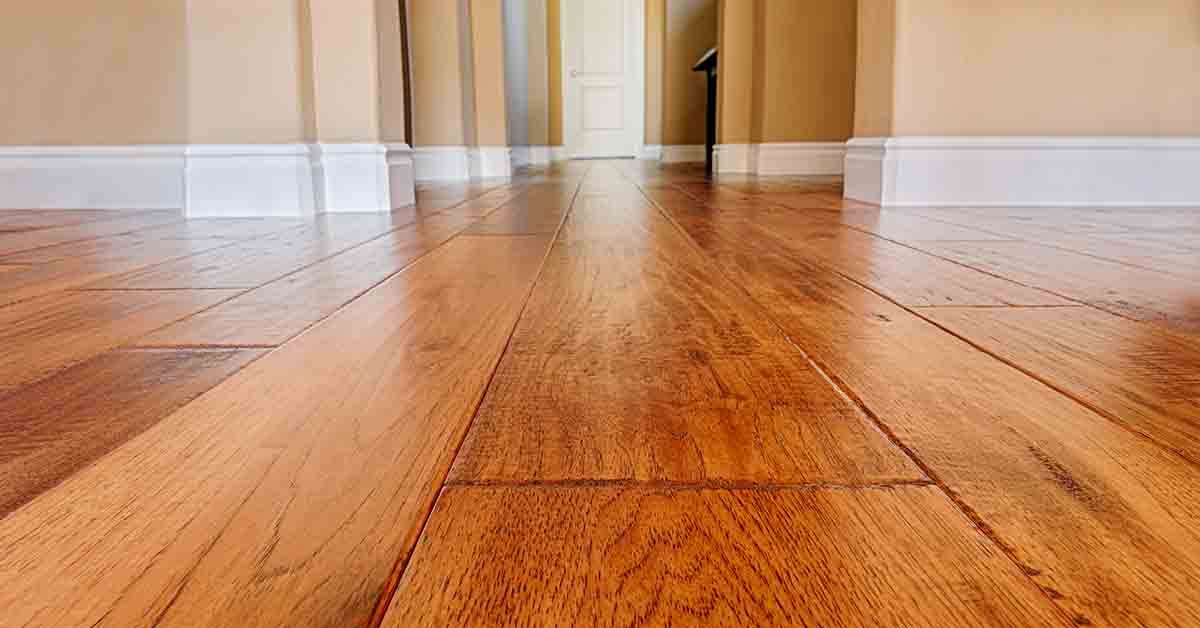Hardwood Versus Engineered Wood: The Facts

When it comes to installing new hardwood flooring, homeowners have endless choices.
We’ve come a long way from laminate and linoleum floors and even further from natural hardwoods as the standard. Now, a niche has opened up to the point of not even being a niche.
Half the market is now dominated by materials that balance functionality, traditional design, and even sustainability. Engineered hardwoods are a great example of that balance. They’re a smart blend of natural and manufactured materials and, as such, offer a blend of benefits for consumers.
So, let’s break down the differences. Since neither is necessarily “better” overall, it can be difficult to know what will work for you. And that’s really what it comes down to – what works for you.
Your Lifestyle Plays a Big Role in What Makes the “Best” Flooring Type
Though it’s a major temptation, think twice before choosing a flooring type based purely on its aesthetic appeal. This is how brand new fir hardwoods get permanently ruined by dog claws and bamboo planks look eternally cloudy in high-traffic households. Also, consider how much work or money you’re willing to put into the installation and upkeep.
Ask yourself these questions before choosing your next flooring type:
- Do you have a dog?
- Will your family be wearing shoes indoors?
- Is the new flooring for a kitchen or bathroom?
- Does the flooring color need to match or contrast with other materials?
- Will moisture be a factor?
- How long would you like the flooring to last?
- Will you be selling the house in the next few years?
- Are the floors going to be used in a rental?
- Will you be hiring someone to install the floors?
- Do you want the floors to hold up to sanding and refinishing?
Comparing Solid Hardwood and Engineered Wood Flooring
| Solid Hardwood | Engineered Hardwood |
| Wide variety of wood species. | Fewer choices than hardwood. |
| Can be sanded many times. | Can only be sanded once or twice if at all. |
| Planks are nailed or stapled down during installation. | Planks can be snapped together, glued, or nailed. Generally easier to install than hardwood. |
| Extremely durable for decades of use. | Not as durable as hardwood but stands up against moisture better. |
| Best not to use in kitchens or bathrooms. | Great for all-around use. |
| High long-term value. | Lower long-term value but more affordable. |

Caring for Your Hardwoods
Choosing the right flooring for your home or business also means considering how much work you want to put into cleaning and caring for them.
Some floors, while nice looking in the showroom can actually require quite a bit of maintenance. Again, depending on how they’re being used, this can vary.
Engineered hardwood floors don’t require any special cleaning techniques. In fact, they’re actually very easy to maintain.
- Wash – Use a mop or soft, non-abrasive cloth, warm water, and mild soap or floor cleaning solution. Make sure the mop head has been squeezed out enough so it isn’t dripping or leaving water streaks as you clean.
- Dry – For an extra clean floor with no streaks, go over the mopped areas with a dry cloth until all moisture has been absorbed.
- Monitor – Hardwoods can be cleaned using the same method. And for both types, make sure to monitor pet water dishes, spills, and rugs where moisture might collect.
- Be Thorough – Tiny drops of water in the same location over time can lead to irreparable damage. So always vacuum and mop underneath rugs and carpets in addition to open areas.

